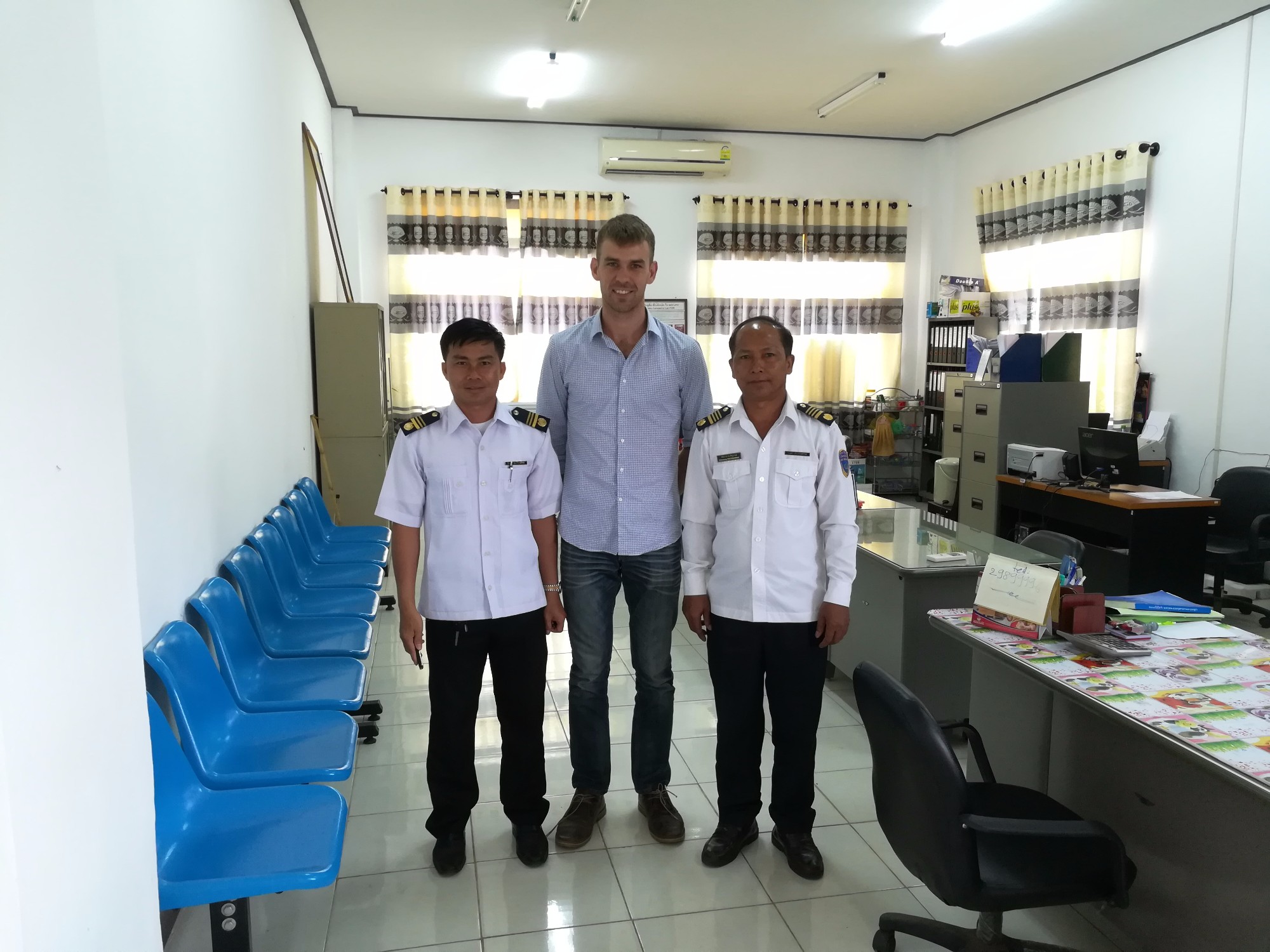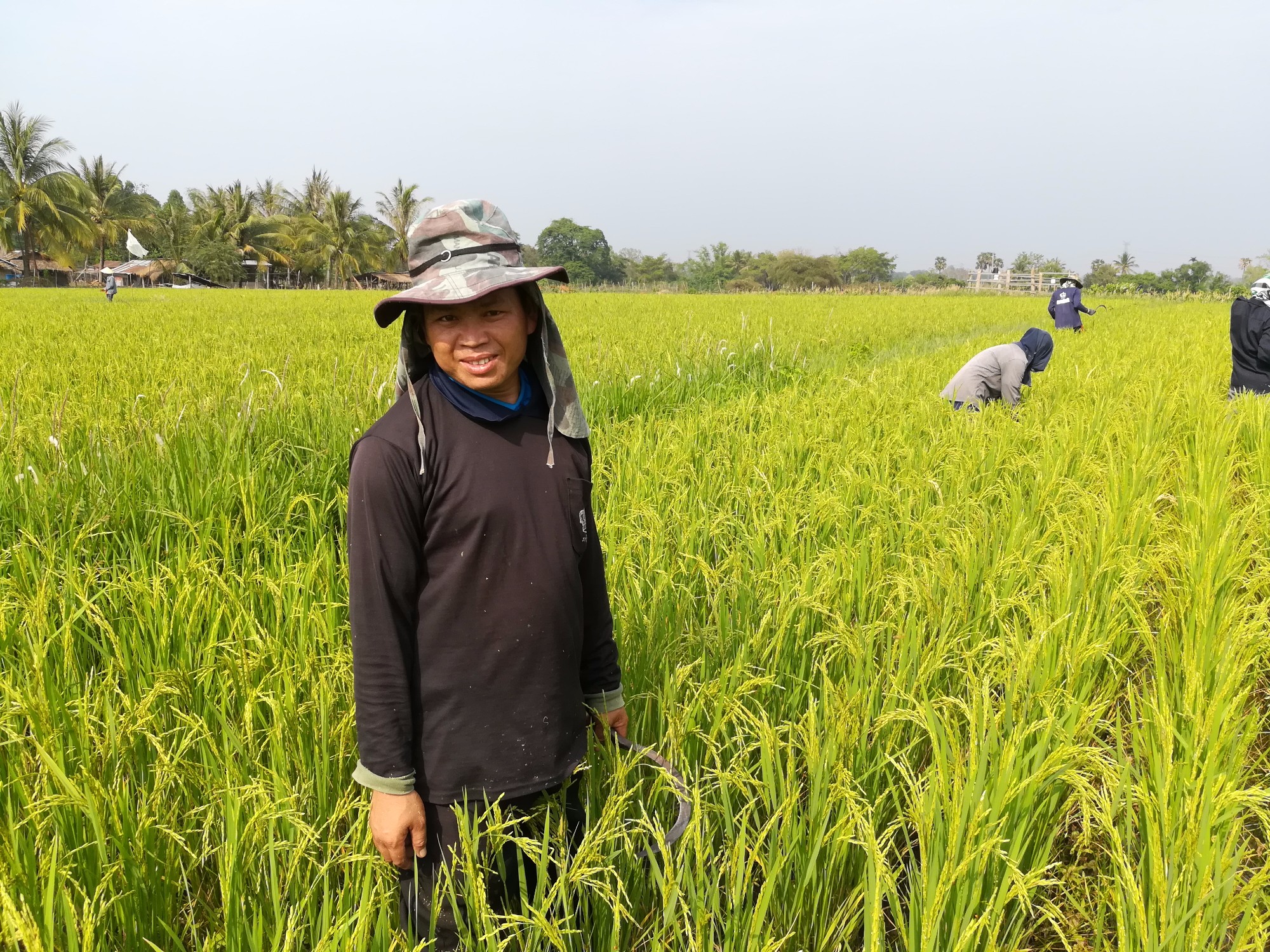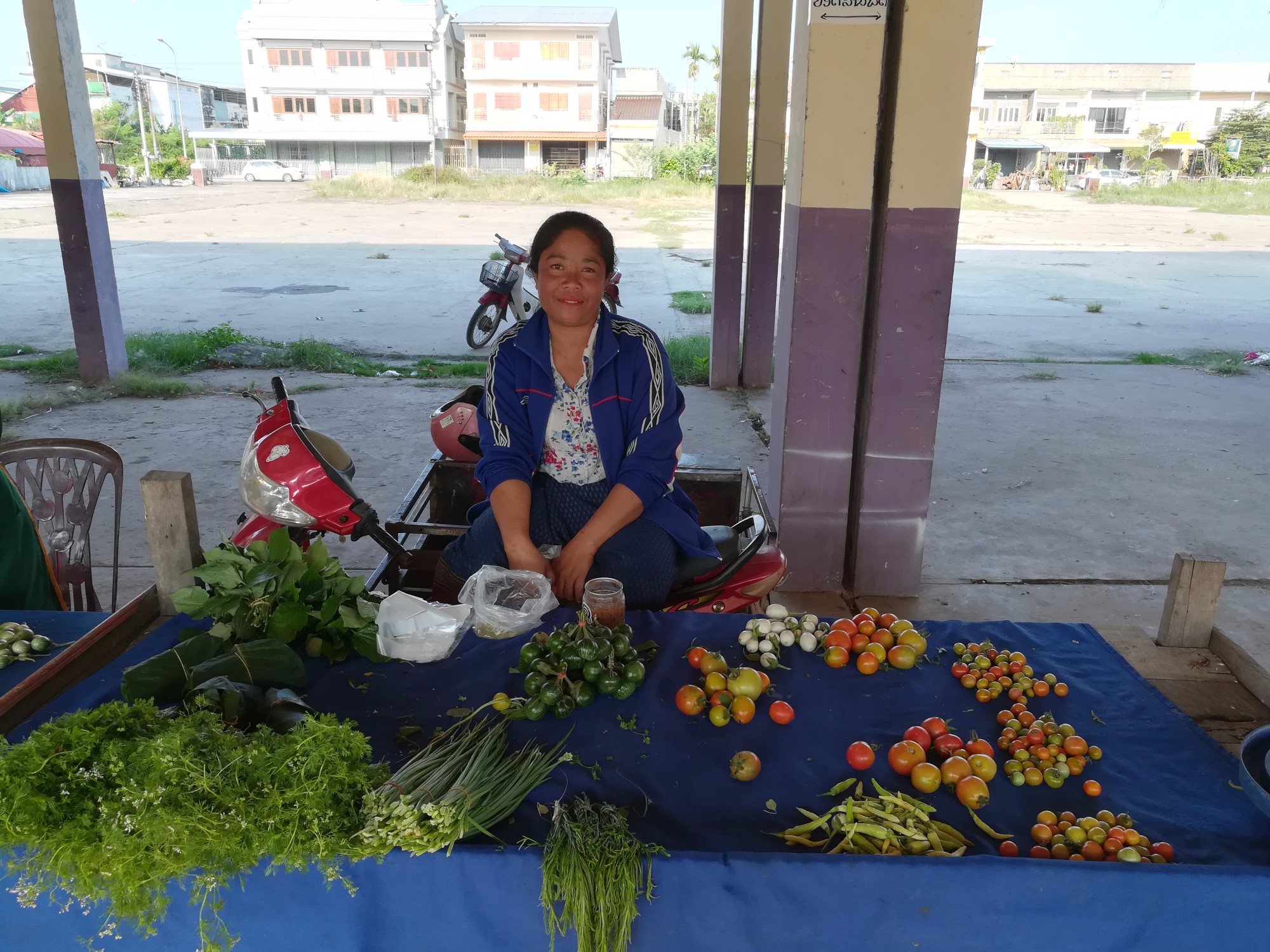Sydney to Savannakhet, Anthropology to Agriculture
By Brendon Bangma
Sitting here in a small air conditioned office in provincial Laos I have put aside some work on upcoming field surveys to write this short blog. Here, the work and lifestyle are quite different to back home in Sydney.
These differences will not be that surprising to most readers. So, to offer my own perspective, I will share how I came to be here and three points of advice that have helped me on the way.
I majored in anthropology and Asian studies at University. Spending time as an exchange student in Thailand focused these interests and led me to completing a master’s thesis on nationalism and identity within different parts of the SEA region.
Through these studies I spent a lot of time in Phnom Penh, where I often travelled to the Cambodian countryside and started to understand the many layered connections between rural and urban lives. Business, family, politics, relationships, and development projects bridged this divide unlike anything I had experienced in Australia.
After graduating I returned to Sydney brimming with energy, yet despite this enthusiasm explaining an often-unrelated thesis to prospective employers proved to be quite a challenge. Not looking within any particular industry, I landed my first job as a production planner with a crop protection manufacturing and retailing business.
Although interested in my (clearly non-agriculture related) studies, the manager of this company seemed to make a hiring decision based on only two factors. The first was a test of whether I could quickly convert USD to AUD. This I passed easily. The second test, my ability to locate the town of Moree on the map of NSW. I was offered a job and only a week later I began a career in agriculture.
Let a few years pass and I am now beginning a volunteer position as a Rural Development Advisor in Savannakhet, Laos. My time is split between the provincial government office responsible for plant quarantine, and a government-affiliated research and seed breeding farm.
Although development work in Laos is connected to my academic studies through location and theme, I lack many of the important technical skills other colleagues have in agriculture.
Instead of letting this hold me back, I am utilising my education and its approach to qualitative studies as a means of connecting to my colleagues. This helps me to better understand the goals of the project within the local context and also helps me work effectively within a different work and life setting. Three short points on how I approach my work.
Firstly, the value of building good working relationships.
Getting to know my colleagues in these first few months has helped me learn the scope of my project and its local challenges. Building relationships takes time and has involved me taking every opportunity to join colleagues for fieldtrips, festivals and celebrations of all sorts. It is oftentimes easier for me to get information from a colleague socially than it is within a meeting where formalities can be prohibitive.

Picture 1: Provincial Agricultural Officers Panya (L) and Siikhansai (R) with Brendon at the border checkpoint to Vietnam where they carry out the inspections of goods being imported into Laos.
Secondly, taking the time to understand.
Long periods of work help with a deeper understanding of a project in ways that quantitative data and sporadic field visits would struggle to achieve. Through working in the field several days each week I have been able to carry out research according to weather and local time constraints. In periods of inactivity I will survey crops with staff who may normally never have the time. And likewise, when everyone is busy, i.e. during courses of farmer field training, I am able to observe local approaches and challenges, later using this information to better organise my own work.

Picture 2: Removing weeds from a rice field with a sickle as they do not spray chemicals.
Lastly, the understanding and appreciation of differences.
Any researcher coming into a new location or social system will be making comparisons with their own set of experiences. Acknowledging this inherent bias is important as it helps us to be more neutral in approaching our individual work problems. We may get frustrated by some cultural barriers, yet sometimes, only a slightly different approach is all it takes to yield the same results.
This last point for me is most important and would sum up the circle that brought me here to Laos. While new working environments may be very different to back home, or, we do not have the exact skills required for a particular task, it is our willingness to embrace different opportunities that will eventually get us to our goals.

Picture 3: Market holder at the morning organic vegetable market, Savannakhet


